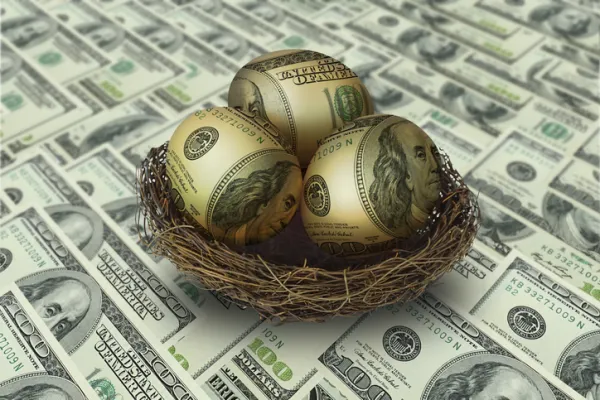Congressional Republicans and President Donald Trump released Wednesday a framework for tax reform that is expected to be a boon to smaller companies.
The corporate tax rate would be lowered to 20 percent, below the 22.5 percent average in the industrialized world, according to details of the framework. The reduction from the current corporate tax rate — which runs as high as 35 percent — will prompt money managers to shift their investments to small-cap, value stocks, according to Tim Ng, chief investment officer at Clearbrook Capital.
While the tax rate depends on a company’s size, income and state in which it operates, Ng says small-cap firms typically pay a 32 percent rate, compared to about 26 percent for large-cap. The expected savings make shares of smaller companies more desirable.
“You’ll see a shift of investors from large-cap to small-cap, growth to value, and you’ll see some money move back to the U.S. from emerging markets,” Ng said in a phone interview.
Small-cap stocks saw a lift after details of the tax reform emerged. BlackRock’s iShares Core Small-Cap ETF, for example, rose 2.05 percent Wednesday. The Russell Small Cap Completeness index increased 1.14 percent, up 16 percent from a year ago.
The GOP’s tax overhaul also aims to eliminate the corporate alternative minimum tax. That means stock options would no longer be taxable under the proposed code, a positive for asset managers, said Chuck Sockett, managing director at UHY, an accounting firm that offers tax advisory services for corporations.
The framework for the tax plan, which is in its early iteration, didn’t address an important issue for investors such as hedge funds and private-equity firms: carried interest. Treasury Secretary Steven Mnuchin signaled earlier this month at the Delivering Alpha conference in New York that hedge funds wouldn’t receive the benefit of a carried interest loophole under the reform that Trump is pushing to get done by the end of this year.
[II Deep Dive: Steven Mnuchin: Hedge Funds Will Lose Tax Benefits]
“Once they actually get down to the nit and grit of writing the act we’ll see what comes out,” said Sockett.
Carried interest, or the share in profits take by hedge funds and private-equity firms, is currently taxed at a lower rate than ordinary income.
“I’m not surprised that carried interest was not touched on here,” said Jeremy Swan, director of tax advisory firm CohnReznick’s private-equity and venture capital practice. “If it does rear its head, it could work its way into more detailed proposals.”
Trump, who had been pushing to lower the corporate tax rate to as low as 15 percent, said at a press conference Wednesday that he wants to “eliminate tax breaks and loopholes” to benefit the middle class.







